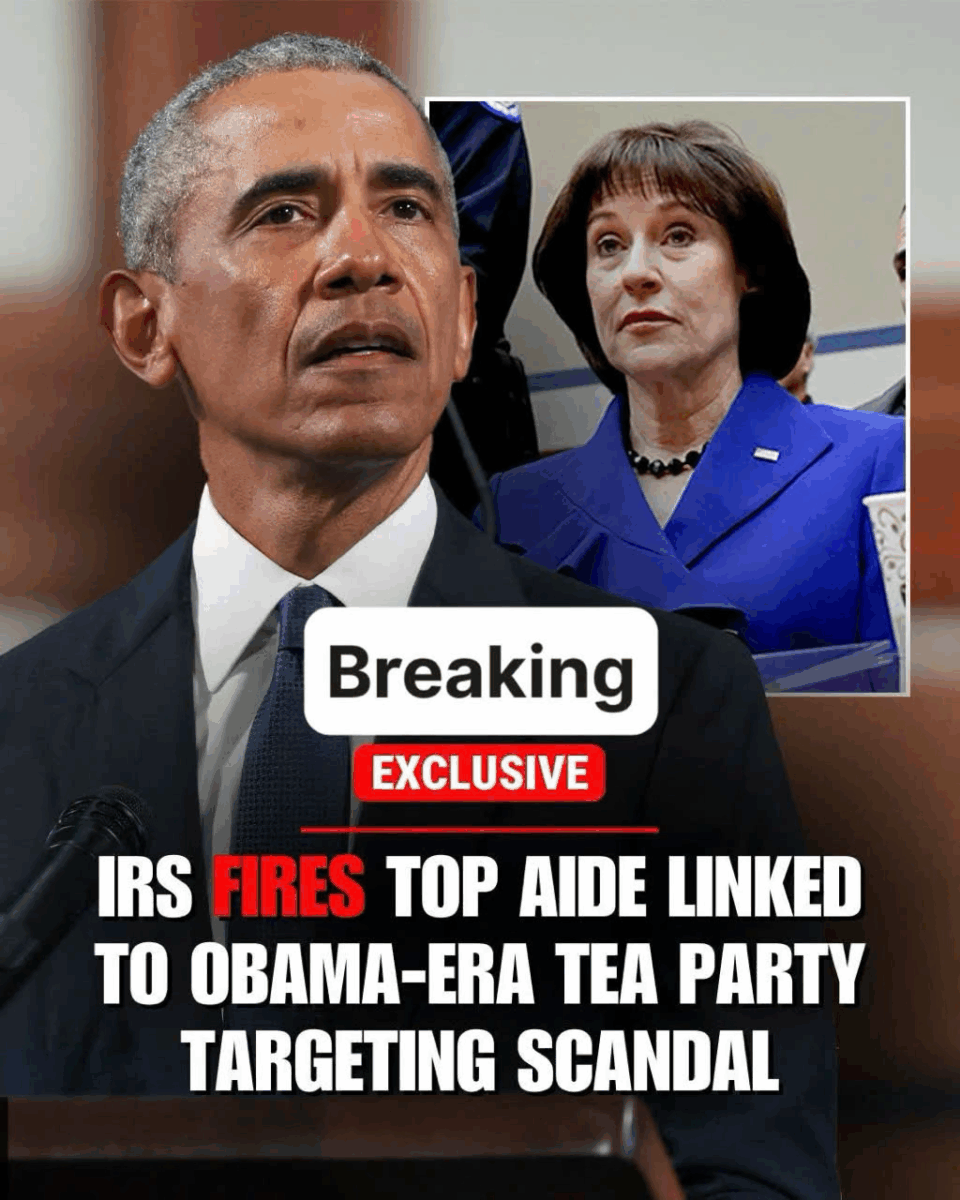The Internal Revenue Service (IRS) has once again become the center of political controversy after firing a top aide allegedly tied to the Obama-era Tea Party targeting scandal. The decision has sparked renewed debate about government accountability, political bias, and how the federal tax agency handles sensitive cases related to nonprofit organizations and political groups.
The Scandal Revisited
The Tea Party targeting scandal first erupted in 2013, when it was revealed that IRS officials had subjected conservative-leaning groups to extra scrutiny as they applied for tax-exempt status. Many of these organizations were connected to the Tea Party movement, a grassroots conservative political force that gained momentum during President Barack Obama’s administration. The IRS admitted that improper criteria were used to single out these groups, leading to accusations of political bias and misuse of federal power.
At the heart of the scandal was Lois Lerner, then-director of the IRS Exempt Organizations division. Critics accused her of deliberately slowing down or blocking tax-exempt applications from conservative groups, while supporters argued that the agency was overwhelmed and simply mishandled the process. Lerner eventually resigned, but the scandal left a lasting stain on the IRS and the Obama White House.
The Recent Firing
Now, years later, the agency has fired a senior aide who was allegedly connected to the scandal. While officials have not released detailed information about the circumstances behind the dismissal, the move suggests that the IRS is still grappling with the fallout. By removing a figure tied to past controversies, the agency appears to be signaling its commitment to restoring public trust.
Political analysts note that the timing of the firing is significant. With growing public skepticism toward government institutions, the IRS faces pressure to show that it has reformed its practices. Critics argue that accountability should have come much sooner, while supporters believe this step is necessary to ensure fairness in tax administration.
Political Repercussions
The firing has reignited partisan tensions in Washington. Republican lawmakers are calling it a long-overdue measure and demanding further investigations into how the Obama-era IRS handled nonprofit applications. Some have suggested that more officials should be held accountable, including those in leadership roles during the scandal.
Democrats, meanwhile, argue that the issue has already been investigated thoroughly and that political opponents are using it to discredit Obama’s legacy. They emphasize that reforms have already been implemented within the IRS to prevent similar incidents in the future. Nonetheless, the renewed attention could complicate ongoing debates over tax policy and government oversight.
Public Reaction
For many Americans, the scandal remains a symbol of government overreach and lack of transparency. On social media, the news of the firing has been met with both applause and criticism. Supporters of the decision see it as long-awaited justice, while others argue it is more symbolic than substantive, given the years that have passed since the scandal broke.
Public trust in the IRS has always been fragile, and incidents like the Tea Party scandal only deepen skepticism. The agency’s ability to enforce tax laws fairly is essential to its credibility, and any perception of bias can have far-reaching consequences for American democracy.
Conclusion
The firing of a top IRS aide tied to the Obama-era Tea Party targeting scandal represents more than just a personnel change. It highlights the lingering shadow of one of the most controversial episodes in recent political history. As lawmakers, watchdog groups, and the public continue to debate the issue, the IRS must prove that it has learned from past mistakes and is committed to impartial governance. Whether this move will rebuild trust or simply reopen old wounds remains to be seen, but one thing is clear: the Tea Party scandal continues to shape the conversation about fairness, accountability, and trust in America’s institutions.


